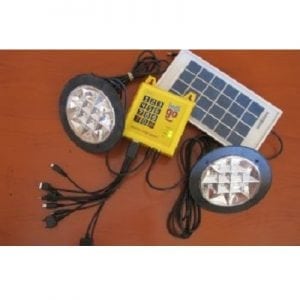
Agriculture
November 9, 2023
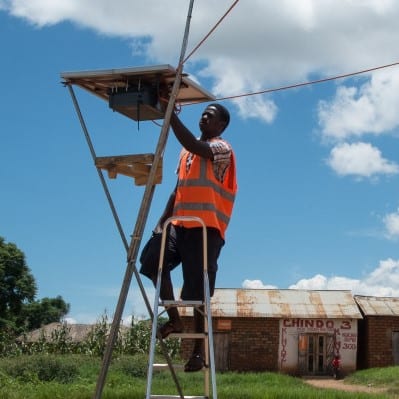
Updated on November 9, 2023
·Created on July 26, 2020
A low-cost micro-grid solar energy system with adaptive power capacity.
Devergy provides its users with low cost and scalable solar micro-grid systems. The systems are based on the premise that traditional micro-grids can be both oversized or undersized, attempting to either foresee a future increase of the demand or try to minimize the costs of the micro-grid. This results in higher costs or low flexibility, which finally increases the cost of the system. Devergy micro-grids keep their capacity exactly on the energy required by the customers, allowing them to expand the grid whenever it’s needed.
Target Users (Target Impact Group)
Distributors / Implementing Organizations
Devergy
Manufacturing/Building Method
Unknown
Intellectural Property Type
Open Source
User Provision Model
Devergy visits the target village to obtain information about the energy requirements and individual features of the village. Using a community-based communication approach, Devergy makes the users a part of the decision-making process, through meetings with the villages, elders, and leaders. After gathering the information needed, Devergy technicians install the towers and connect the interested users to the grid. The customers can buy electricity for a week and power their TV for an evening. Payments are done cashless by means of the Serengeti software. Energy recharge is available as long as the payment is registered by the software.
Distributions to Date Status
Devergy had connected 1,000 households to microgrids in 6 villages, as of 2018. In Tanzania, more than 100 new connections are added every month.
Design Specifications
The mini-grid consists of a modular tower containing a solar PV system with a battery pack, charge controller, and distribution network. Each mini-grid supplies 4-5 clustered houses, each of them with an individual smart-metering system. The system is monitored 24 hours a day, and its capacity can be adapted when more energy supply is required. The network supplies power in 24V DC. Each customer receives approximately 250W of power for lighting, mobile phone charging, and appliances for household or small-business use.
Technical Support
Devergy is responsible for the operations and maintenance of the mini-grids. Technical support and sales are provided by means of a village agent, selected by the village committee and trained by Devergy.
Replacement Components
The mini-grids are not designed to be maintained by the users. When additional capacity or replacement of components is needed, Devergy is notified by the remote monitoring system and perform the changes needed.
Lifecycle
Unknown
Manufacturer Specified Performance Parameters
The designers are focused on developing a robust tech-enabled business model with the following features: Limited power, initially deployed per customer, a pre-pay for time/energy bundles system, back-end software monitors usage, and modular capacity. By 2022, Devergy expects to reach 100,000 grid connections, 2,300 kWp installed, and a total of 21,400 CO2 tons reduction.
Vetted Performance Status
Unknown
Safety
No considerable safety concerns are involved within this system, due to its distribution voltage of only 24 V. However, care must be taken in the case of a ground fault, as the conductors which link the interconnected households are on the air.
Complementary Technical Systems
Devergy supplies its users with efficient DC products, such as lighting equipment, refrigerators, TVs, etc.
Academic Research and References
Lai E., Muir S., Ruff Y. E., 2019, Off-grid appliance performance testing: results and trends for early stage market development. Energy Efficiency, 13, 3pp. 23-347.
Yang F., Yang M., 2017, Rural electrification in sub-Saharan Africa with innovative policy and new financing models. Mitigation and Adaptation Strategies for Global Change, 23, pp. 933-952.
Pedersen M. B., Nygaard I., 2017, Wehrmeyer W., Rural electrification through private models: the case of solar-powered mini-grid development in Kenya: Exploring the hybrid nature of private business models and the interplay between new players and existing structures in the Kenyan rural electrification regime. DTU Library.
Pedersen M. B., 2016, Deconstructing the concept of renewable energy-based mini-grids for rural electrification in East Africa. WIREs Energy Environ, 5, pp. 570-587.
Knuckles J., 2016, Business models for mini-grid electricity in base of the pyramid markets. Energy for Sustainable Development, 31, pp. 67-82.
Compliance with regulations
The model works in accordance with Tanzania's government program "Rural Energy for Rural Electrification", which promotes the participation of private enterprises and NGOs on setting up micro and mini-grids on the rural areas of Tanzania.
Other Information
News, gallery, and media about Devergy.

Agriculture
November 9, 2023
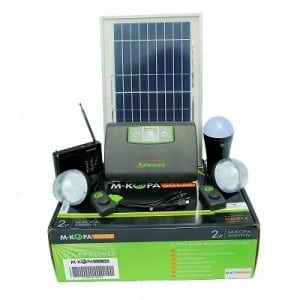
Agriculture
November 9, 2023
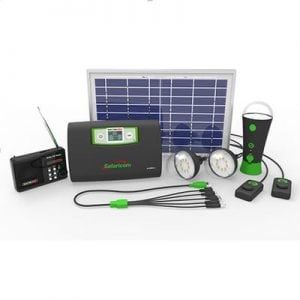
Agriculture
November 9, 2023
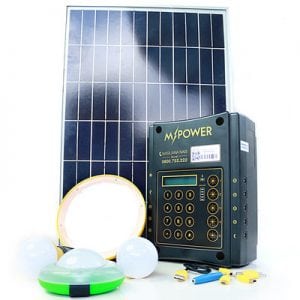
Agriculture
November 9, 2023
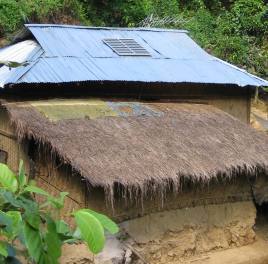
Agriculture
November 9, 2023
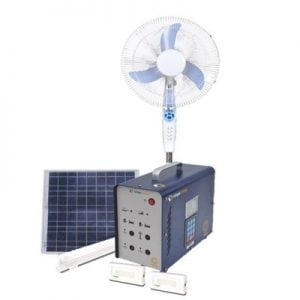
Agriculture
November 9, 2023
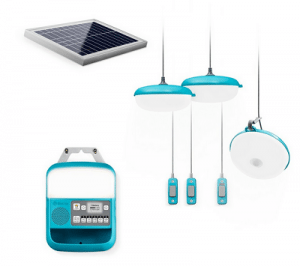
Agriculture
November 9, 2023
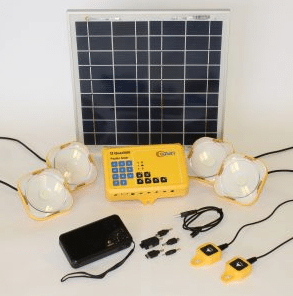
Agriculture
November 9, 2023

Agriculture
November 9, 2023
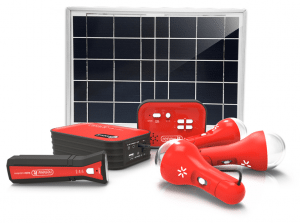
Agriculture
November 9, 2023
Have thoughts on how we can improve?
Give Us Feedback